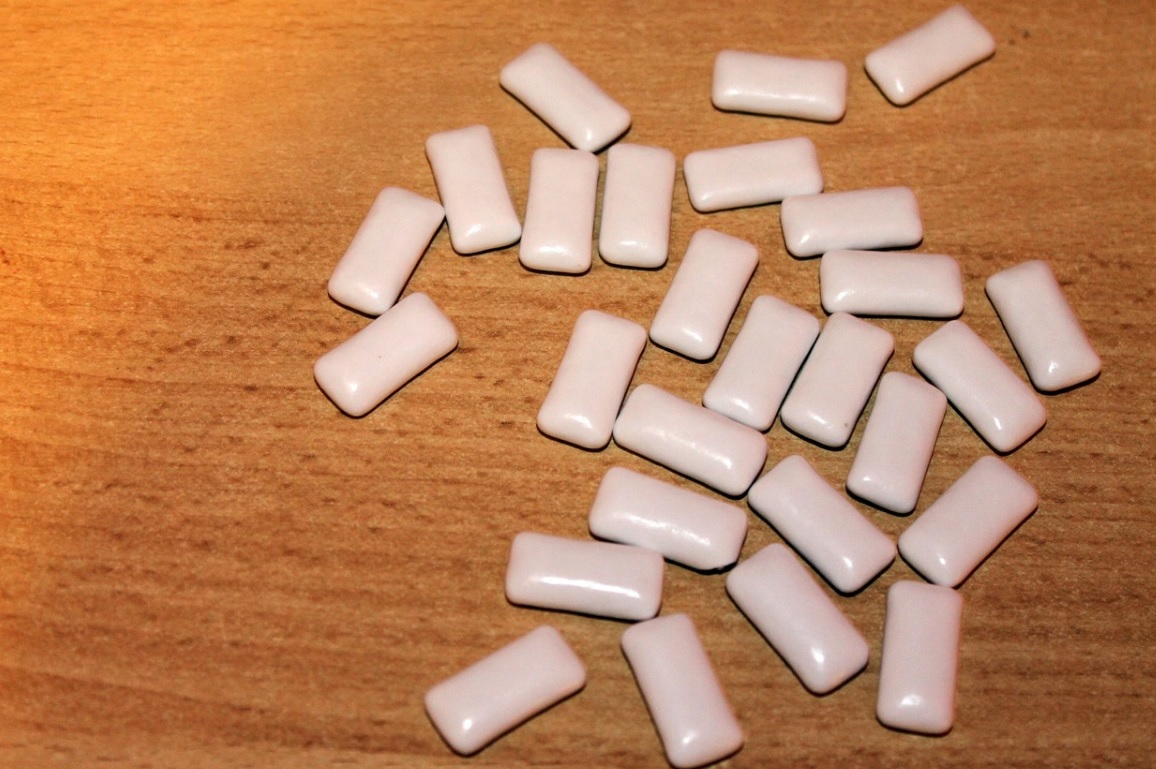Kenya: Mars Wrigley’s chewing gum factory adds more facilities considering workers’ health

- Country:
- Kenya
Kenya is all set to commission the green chewing gum factory in the mid of this year. While confirming the report, Mars Wrigley Middle East and Africa market development director, Wanja Mwangi opined that the company would be implementing the latest construction technology that ensures the facility is energy efficient, pollution free and people friendly.
Spreading across an overall area of 20 acres in Machakos County, the green chewing gum factory is under construction for the past three years. It features a biomass boiler, waste water treatment plant, skylights and many windows allowing the facility to operate with minimal use of electric lights, Construction Review Online noted.
“We are glad to have included many green initiatives in the design and construction of our new facility in Kenya as we are keen to promote better, healthier spaces for people to work,” Wanja Mwangi opined. “The company aims to cut fossil fuel energy use and greenhouse gas emissions from our operations by 2040. This includes the development of long-term water and waste targets to support this goal,” Mwangi added.
On the other hand, several facilities such as bicycle racks, parking lots to promote car-pooling and use of fuel-efficient vehicles etc. have been raised to improve workers’ health. All these earned the plant 62 points for the LEED GOLD certification. Once the plant becomes operational, it will churn out 7.8 billion pellets of chewing gum each year. The investment behind the construction of chewing gum factory was previously declared to be around USD 70 million.
- READ MORE ON:
- Kenya
- Mars Wrigley
- chewing gum
- chewing gum factory
- Machakos County










